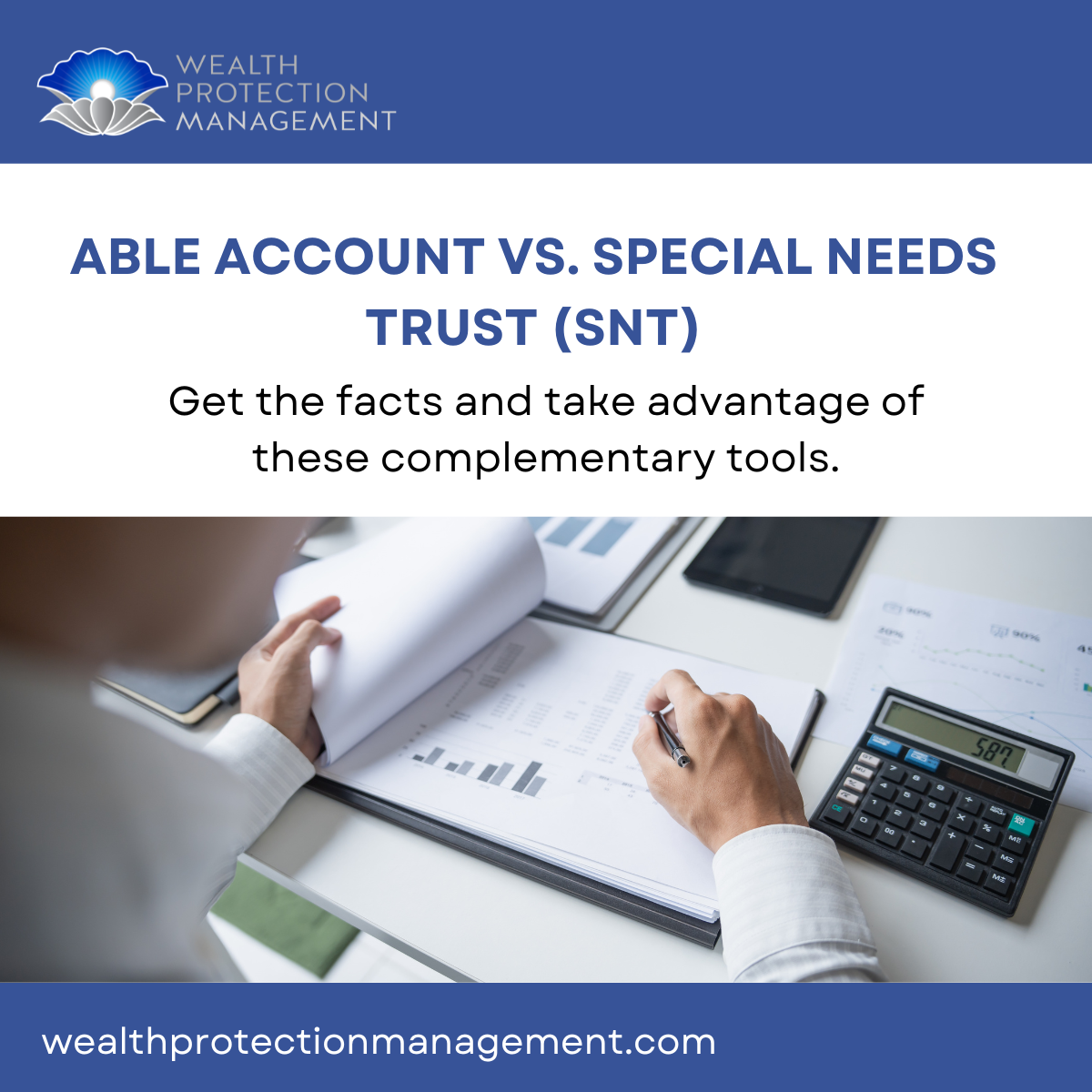For many years there has been no means by which to save tax-deferred money for a child with disabilities without placing at risk their government entitlements. But in 2014, Congress created Achieving Better Life Experience (ABLE) accounts.
Prior to the creation of the ABLE accounts, individuals with disabilities who were eligible for Medicaid or federal Supplemental Security Income were limited to a maximum of $2,000 in assets, such as bank savings accounts.ABLE accounts now allow disabled people to have up to $100,000 in these accounts without jeopardizing their Medicaid or Supplemental Security Income.
ABLE accounts are fashioned after qualified state tuition programs, sometimes referred to as Section 529 plans. Although there is no tax benefit associated with contributions to the accounts, the earnings in the accounts accumulate tax-free and are also tax-free if used for qualified expenses such as health care, education, legal, housing and transportation expenses. As a note of caution, qualified expenses do not include food, entertainment or vacations.
The accounts are available to individuals who became disabled before the age of 26. Once an account is established, anyone can contribute to it, provided that the sum of the contributions for the year does not exceed the annual gift tax exclusion, which is currently $14,000. These accounts are a less-expensive substitute for special needs trusts, which may have significant administration costs. If contributions will exceed the annual gifting limit and $100,000 overall, a special needs trust will be required.
While ABLE accounts do fill a need, there are some downsides, including the current $14,000 per year limit on contributions; restrictions on using the funds for food, vacations and entertainment; and the fact that if the beneficiary passes away, the remaining funds cannot be left to siblings or others.
Each state must enact its own legislation to make these accounts available in that particular state. Several have already done so or are in the process of doing so.



